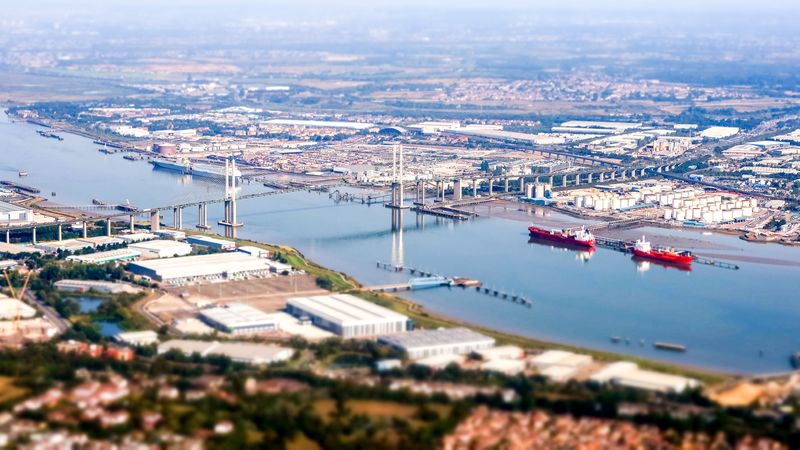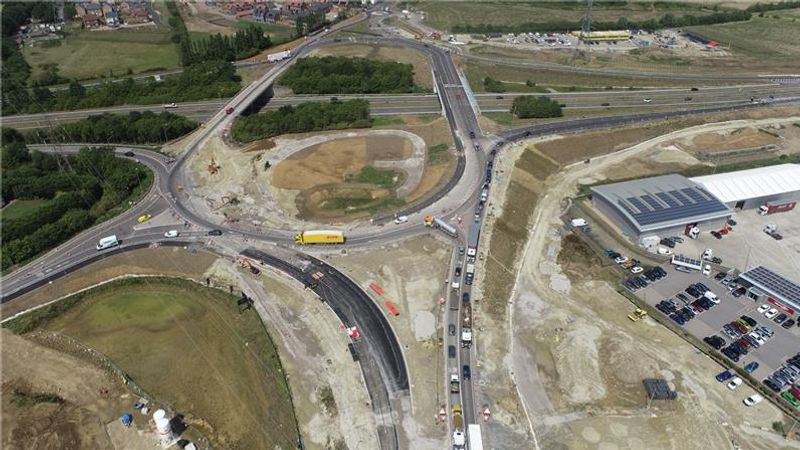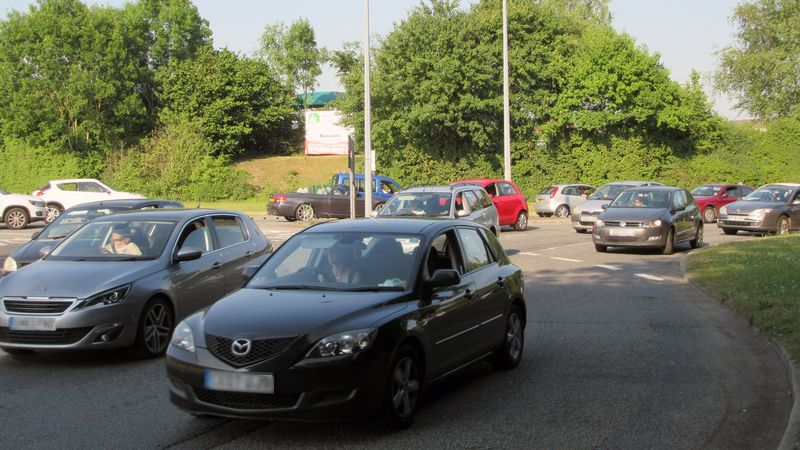While KCC supports TfL’s ambition to improve journey reliability and reduce air pollution, the potential impacts on traffic flows in the local area, and the financial burden on Kent residents and businesses, has raised concerns.
With 10% of the Blackwall tunnel's current users traveling from Kent, the proposed charges could significantly affect their daily commutes and financial wellbeing.
KCC’s response raised the following key concerns:
- Financial burden: The proposed charges, combined with the recently introduced Ultra Low Emission Zone (ULEZ) charges, will place an additional financial burden on Kent residents and businesses. The council has emphasised the need for a thorough assessment of the economic consequences before finalising the charges.
- Economic impact: KCC highlights the potential negative impact on local businesses, particularly those serving areas north of the Thames. The council stressed the importance of maintaining the economic relationship between London and Kent and urged TfL to consider the broader economic implications of high charges.
- Traffic impact: KCC is concerned about the potential increase in congestion at the Dartford Crossing during peak periods due to rerouting caused by the proposed charges. The council has urged TfL to provide further information to assess the impact on traffic flows, especially during peak times.

“It is vital that the introduction of charges does not lead to a continuous cycle of price increases at Dartford.”
Neil Baker, Cabinet Member for Highways and Transport, has called for TfL to work with National Highways and KCC to prevent escalating impacts for Kent residents, adding:
“I am deeply concerned about the potential for future price increases at the Silvertown, Blackwall and Dartford Crossings.
‘It is vital that the introduction of charges does not lead to a continuous cycle of price increases at Dartford, followed by further increases at Silvertown and Blackwall, in an effort to maintain the price difference. This would be devastating for the Kent economy and the financial impact on Kent residents would be unacceptable.”




